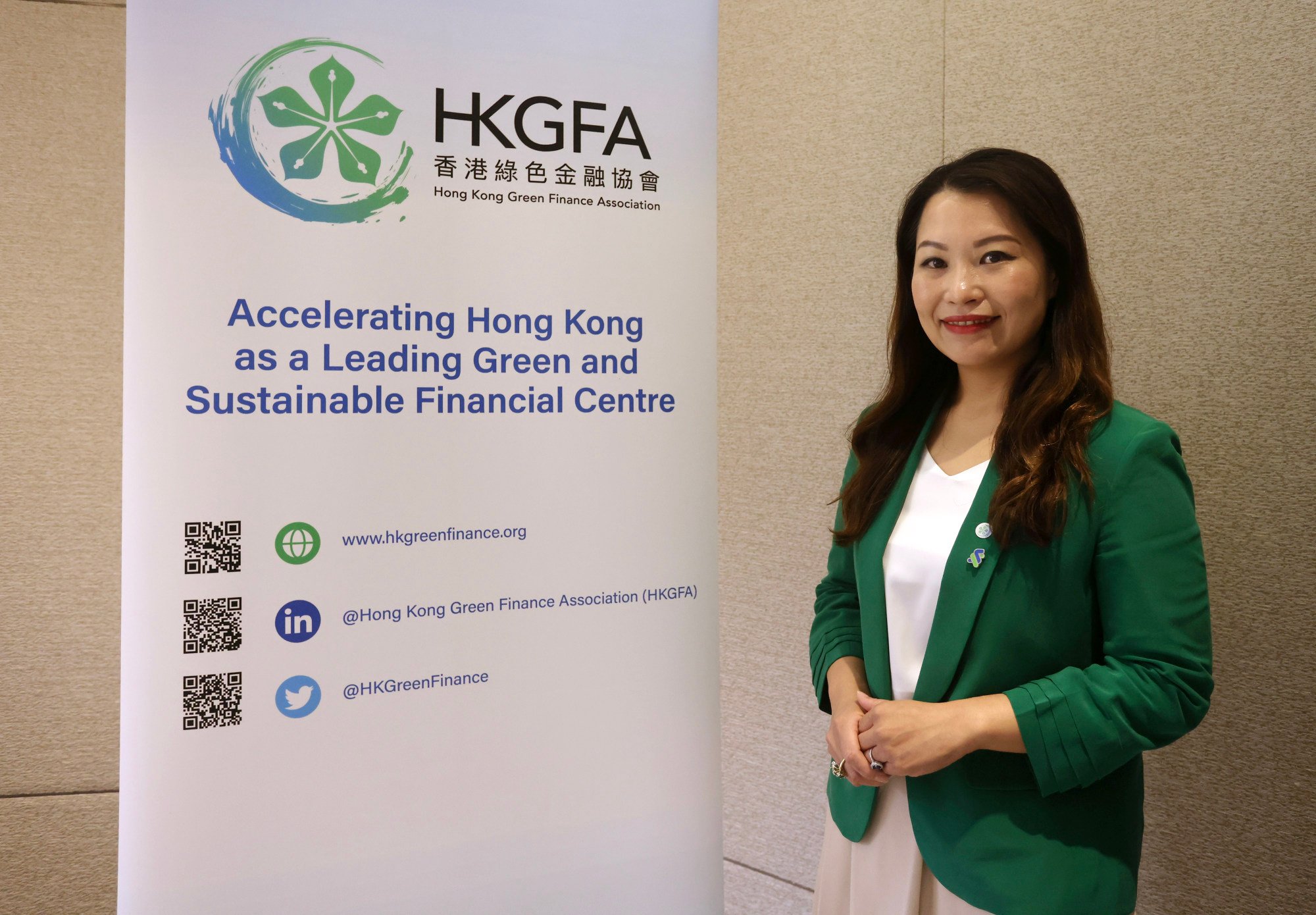
Carbon finance: credibility crisis shows need to enhance trust and transparency in global markets, association says
- A controversy over the accuracy of claims and benefits in green projects has galvanised efforts to enhance trust and transparency for investors
- Trading platforms in Hong Kong and mainland China should endorse principles, assessment to boost integrity in global markets, association says
“There is a lack of transparency, trust and understanding in the markets,” Tracy Wong Harris, executive vice-president of the Hong Kong Green Finance Association, said in an interview. “This explains the low trading volume and wide price range of credits, which reflect the perceived quality of the underlying projects, from the buyers’ perspective.”

The initiative came after European media cast doubt on the accuracy of emissions and benefits in some Verra-linked projects to offset their carbon footprints. Verra, the world’s largest issuer of voluntary carbon credits, subsequently revised its methodology.
The independent governance body last month invited credit issuers to apply and submit evidence to have their project categories and crediting methodologies assessed. If they meet its criteria for high integrity, the carbon credits will gain its “CCP-approved” stamp as an added advantage.
2 new Hong Kong-based registries to boost carbon credits trade: founders
“Only with quality credits can the carbon markets give buyers the confidence and trust to trade actively and enhance liquidity,” said Harris, who is also the head of Asia sustainable finance at Standard Chartered, ahead of the association’s annual green finance forum on Wednesday.
“Although they can be run like supermarkets that sell both high- and low-end products, they have a responsibility to encourage the proliferation of high-quality credits, and their endorsement of a trusted quality regime is important,” she added.
Core Climate’s participants have tripled to nearly 70, HKEX said last month. The exchange operator offers carbon credits from more than 40 internationally-certified projects in Asia, South America and West Africa. They cover forestry, solar, wind and biomass projects, among others.
Under the council’s CCP principles, greenhouse gas reduction or depletion in high-integrity projects should be permanent, while measures should be in place to address the risk of reversals. They should also not have occurred in the absence of incentives created by carbon credit revenues.
Processes should be established to prevent double issuance and claiming of duplicate credits, and to avoid locking in carbon-intensive technologies and practices incompatible with the objective of net zero emissions by 2050.
The council will monitor CCP-approved credits and projects, through market intelligence, complaints and audits, it said. It could withdraw its stamp of approval for non-adherence and failure to rectify breaches and false disclosure.
“Recent negative publicity on a well known credit issuer has put off corporate buyers of credits for fear of reputational risks,” said Grace Hui, CEO of carbon financing firm Net Zero Asia. “The CCP-approved label is therefore essential if we were to build trust and liquidity in this nascent market in Hong Kong.”



